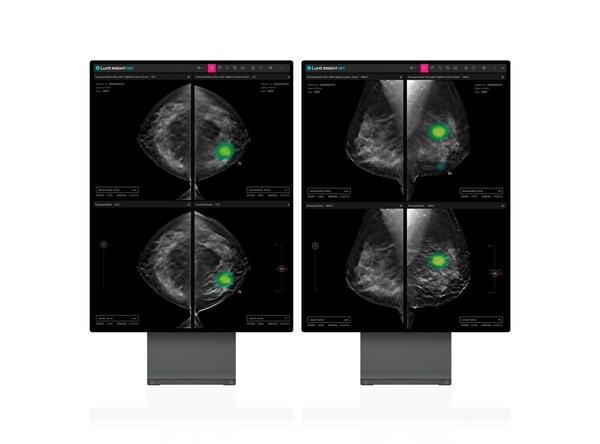Everteen’s 8th Annual Menstrual Hygiene Survey 2023 provides valuable insights into public understanding and awareness of menstrual hygiene, as well as areas of public interest that are critical to improving women’s health in India. The survey encompassed nearly 10,000 women between the ages of 18 and 35 from multiple Indian cities, offering a broad perspective on the issue.
One crucial insight from the survey is the pressing need for increased public awareness and education regarding menstrual hygiene. Despite significant advances in menstrual hygiene products and practices, the survey revealed that a significant proportion of women (25.8%) still do not know how to manage white discharge, even though a vast majority (83.4%) have experienced it at some point.
Moreover, while irregular periods were reported by 69.3% of women, nearly 60% of those affected did not consult a doctor. This gap between experiencing menstrual health issues and seeking professional medical advice underlines a critical area of public interest – promoting better access to and utilization of healthcare services.
The survey also touched on public facilities, revealing that 80% of women feel uncomfortable changing sanitary pads at a public toilet, and 62.9% of women have either never or only rarely used a public toilet at offices, malls, or cinema halls for changing sanitary pads. These findings highlight the urgent need to improve public infrastructure to adequately cater to women’s menstrual hygiene needs.
As the society continues to evolve and prioritize women’s health and hygiene, the results of Everteen’s 8th Annual Menstrual Hygiene Survey underscore the importance of public interest and engagement in addressing the vital issue of menstrual hygiene. These findings should serve as a catalyst for societal change, pushing for increased awareness, education, and improved public facilities to ensure better menstrual hygiene for all women.




